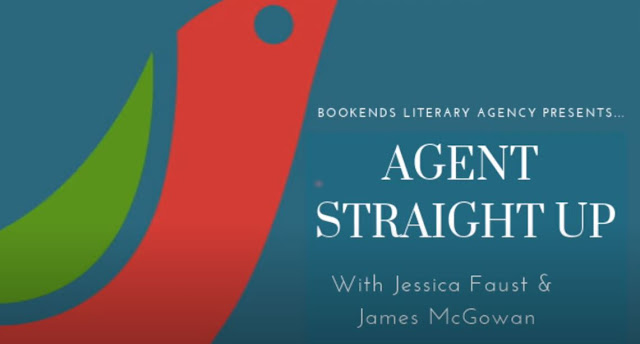 |
| Photo: Jamie Street |
CRYING WITH A LOAF OF BREAD UNDER YOUR ARM
He's ready to start
something new, but he doesn't know what that can be. He writes that
nothing comes to mind. I seem to recall that this very author posted a sob-story just a few years ago. And he's at it again, complaining big time. If I had more nerve, I'd write him to
say: Couldn't you use this time to be grateful rather than to wallow in misery? Couldn't you use this time to help others
on their writing journey?
What he fails to
remember is he is not alone. Many writers, me included, feel as if we'll
never find the inspiration to write the next book.
So, what do we do when
we're stuck in the dark tunnel of writer's block? For one thing, we
won't be making that public on social media. Most of us have faith in
ourselves and more dignity. We will get over this hump. We usually
do. We don't plead to strangers to give us ideas. Dry spells are
part of being a writer.
When I check the
writer's post again, people are giving him advice: take a walk,
write your memoirs, try some poetry. Such good suggestions from these
kind-hearted problem-solvers. But I wonder why a famous writer would
stoop to this level? Could it be for attention? Could it be a way to get his fans involved in his creative process? Or is he sincerely and desperately
miserable?
I'd like to say, "Deal with it like a writer. For goodness sakes, you are a role model! Act like one."
This author has been writing books for years. Doesn't he know by now that the solution to writer's block comes from within?
A writer must have the resolve to dig deeply, to go it alone and find that something powerful that says I
MUST WRITE ABOUT THIS.
I find it a little sad that Mr. Prolific author needs to lean on others to find inspiration. How can that be? In your lifetime, you've published well over 100 books. On the other hand, many writers struggle to get one book published. One book! If a creative slowdown should strike, they don't complain about it publicly or rely on others for ideas. They climb out of the dark tunnel of writer's block and into the light of possibilities. They are like the heroes in their books—they take on the responsibility to solve a problem by themselves.
✌ and ♥


















